Cards In This Set
| Front | Back |
|
Mechanism by which new material presented in academic settings (lectures) can be integrated into existing mental structures. For subsumption to occur, the presentation of new knowledge should be preceded by "advance organizers."
|
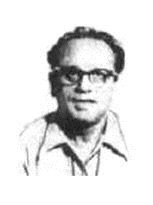 Asubel Subsumption theory (Ausubel, 1963) (Ausubel, Novak, & Hanesian, 1978) |
|
Behavior can be learned through observation of others. The initial phase of his research analyzed the foundations of human learning and the propensity of children and adults to imitate behavior observed in others
|
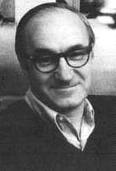 Bandura Observational Learning Theory (Bandura, 1997) |
|
For different kinds of learning (motor skills, verbal skills, cognitive, intellectual, attitude) different conditions are needed, so different strategies should be used.
|
 Gagne The conditions of learning (1965, 1985) |
|
Participation in meaningful projects, learning by doing, encouraging problems and solving them, not only facilitates the acquisition and retention of knowledge but fosters the right character traits. Learning is more than assimilating; it is the development of habits which enable the growing person to deal effectively and most intelligently with his environment.
|
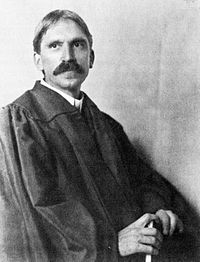 Dewey Learning by doing Wrote Experience and Education in 1938 |
|
Individuals actively construct knowledge by comparing new ideas or concepts with their current knowledge (schema or mental models).
|
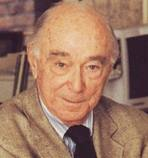 Bruner Constructivism (Bruner, 1960) |
|
Cognitive structures are patterns of physical or mental action that underlie specific acts of intelligence and correspond to stages of child development There are four primary cognitive development stages : sensorimotor, preoperations, concrete operations, and formal operations. In the sensorimotor stage (0-2 years), intelligence takes the form of motor actions. Intelligence in the preoperation period (3-7 years) is intutive in nature. The cognitive structure during the concrete operational stage (8-11 years) is logical but depends upon concrete referents. In the final stage of formal operations (12-15 years), thinking involves abstractions.
|
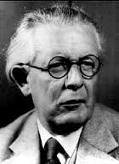 Jean Piaget Genetic Epistemology (Piaget, 1963) |
|
Behavior can be reduced to relationships between stimuli and responses, the S --- R Model. A stimulus can be shown to cause a response or a response can be traced back to a stimulus. All behavior can be reduced to this basic component. According to Watson, "life's most complicated acts are but combinations of these simple stimulus- response patterns of behavior."
|
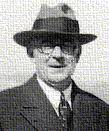 Watson Baby Albert (Watson, 1924) |
|
Classical conditioning:
|
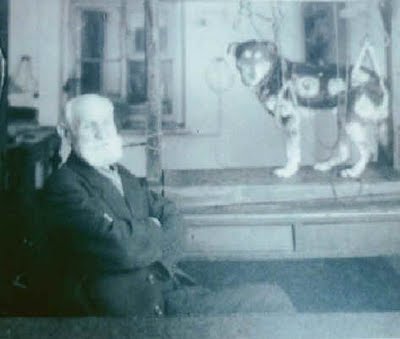 Pavlov (Pavlov, 1927) |
|
Operant conditioning: learning is the reassortment of response in a complex situation where behavior is reinforced due to various stimuli.
|
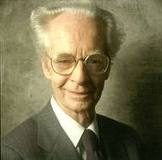 Skinner (Skinner, 1938) |
|
Connectionism:
|
 Thorndike (Thorndike, 1911) |
|
Knowledge is constructed from experience
Learning is a personal interpretation of the world Learning is an active process in which meaning is developed on the basis of experience Conceptual growth comes from the negotiation of meaning, the sharing of multiple perspectives and the changing of our internal representations through collaborative learning Clearning should be situated in realistic settings; testing should be integrated with the task and not a separate activity |
Merrill
(Merrill, 1991)
|



